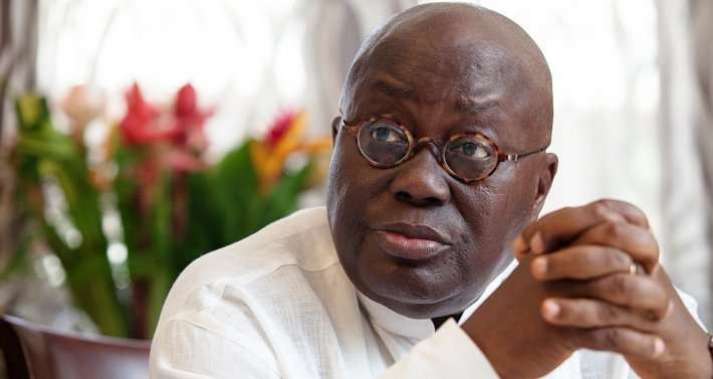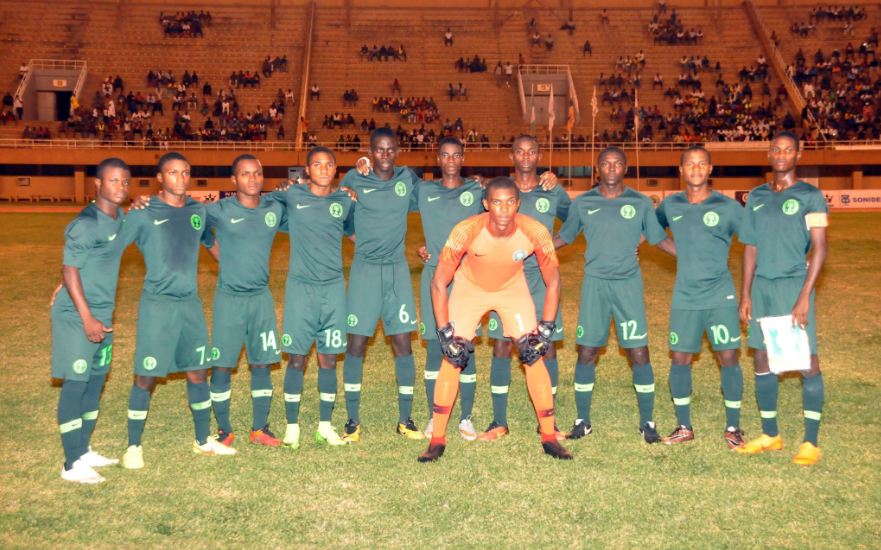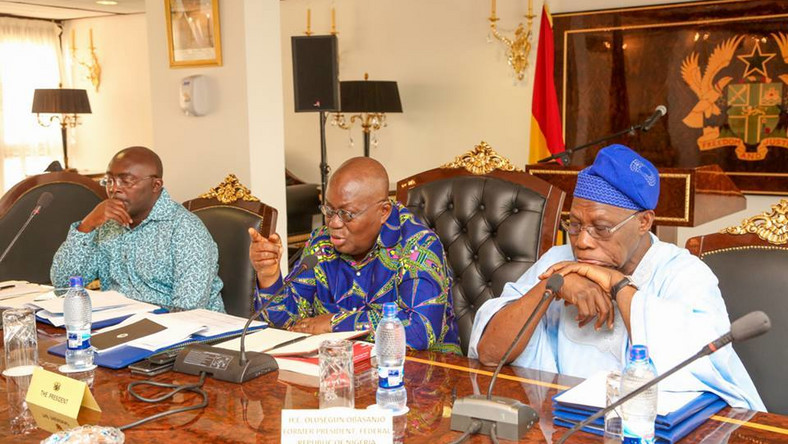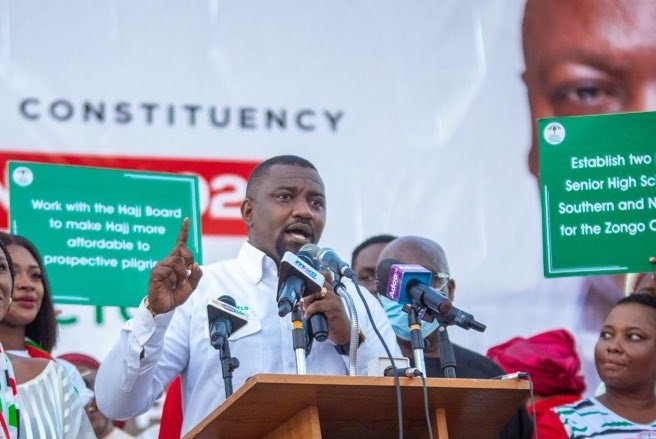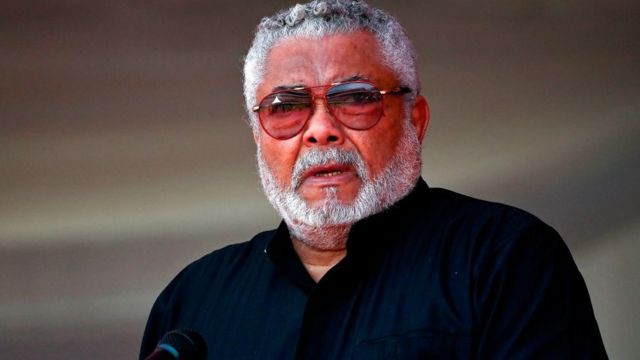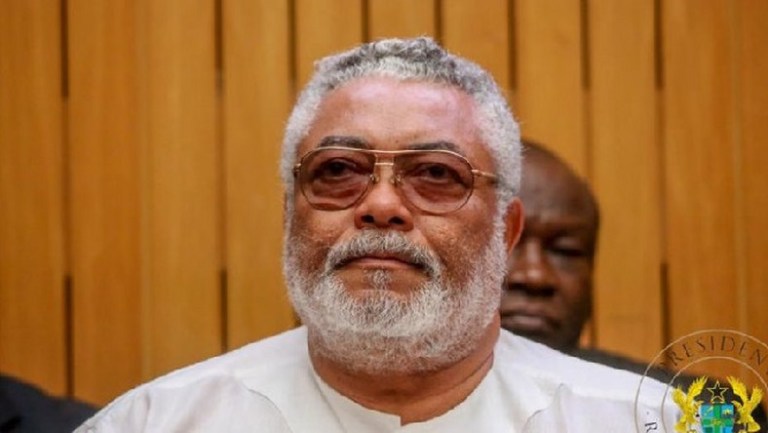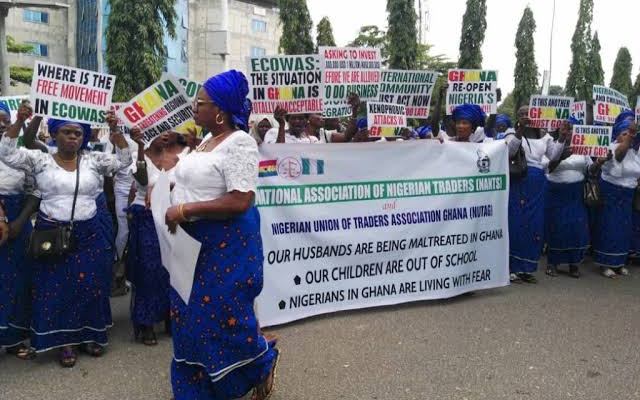By Owei Lakemfa.
Chukwuemeka Nnaji, the President of the Nigeria Union of Traders in Ghana was a pitiful sight last week as he made a passionate appeal to the Nigerian government to evacuate his members. Many Nigerian traders seemed to have come to the end of the road in Ghana after their shops had been shut down and businesses collapsed following attacks by Ghanaian authorities and traders.
Nnaji’s distress call was the second in two weeks. The earlier one was on September 28, 2020 when representatives of business men and women from the six geo-political zones of Nigeria trading in Ghana demanded to be safely evacuated.
The representatives: Alhaji Buba Amshi, North East; Emmanuel Zopmal, North Central; Ibrahim Bunu, North West; Nze Ugo-Akpe Onwuka, South East; Eric Oluwole, South West and Bassey E. Livingstone, South- South, demanded their evacuation within 30 days as Nigerians were facing life-threatening situations.
These cries which I heard echoed during my trip to Ghana from September 30, is coming in the wake of consistent attempts by the Nigerian government, Nigerians living in Ghana and some concerned Ghanaians to douse the tension between the two leading African countries. One of the most salutary, was a joint conference by the National Association of Nigerian Students, NANS(Ghana Chapter) and the National Union of Ghana Students, NUGS, to examine the issues and find an amicable solution.
The students explained why they are in a desperate race to find a solution: “We believe that Nigeria and Ghana are the hope of regional integration; we have championed the aspirations of African unity for over a century. The recent diplomatic tensions between the two brotherly nations is not a true account of our relationship but a reflection of an emerging threat…Leaders must continue to hold firmly the centre that unites the brotherly nations, otherwise, things might fall apart.” I sat through the conference in Accra listening to various organisations, particularly Nigerian, explaining issues and proffering solutions. Dr. Wale Okediran, a Nigerian medical doctor with 15 published novels is the Secretary General of the Pan-African Writers Association, PAWA, the umbrella body of Africa and Diaspora writers. In in examining the African situation, he said part of the problem is that Africans spend their spare time drinking when they can adopt writing as a hobby, adding: “Everybody has a story to tell.” He argued that with COVID-19, the world, including Ghana and Nigeria, can never be the same again. He told the Nigerian students that after their studies, they should: “Go back home and be a game changer.”
Former Ghanaian High Commissioner to Nigeria, Ambassador William Kanyirige, who spoke on ‘The future of Regional Integration and how to sustain optimism’, admitted that both countries are at a crossroads, and asked rhetorically: “Where do we go?” He spoke about the universalism of Bishop James Emma Kwegyir Aggrey, the famous Ghanaian Pan-Africanist who told the world: “ I am proud of my colour; whoever is not proud of his colour is not fit to live.” He urged Nigerian and Ghanaian students to form concentric circles to effect change, revive the spirit of voluntarism and network to develop the region and Africa.
Dr. Ayo Ayoola-Amale, Patron of NANS(Ghana Chapter), spoke within the context of Nigeria’s 60th Independence Anniversary which came up on October 1. She told the students: “ You are youths; you are basically the future of Nigeria. You need to reflect on how to make things better. We need to unify; unify within our country, unify within our region.” Former NANS(Ghana Chapter) President, Mr. Opeyemi Ige told his fellow youths: “We should not sit down while our future is decided for us.”
Mr Kayode Ibosu, the Public Relations Officer of the Nigerians In Diaspora Organisation, NIDO-Ghana, argued that: “ A lot of youths in Nigeria are spectators. Who told you it is not time for a 40-year-old to be President? I am tired of complaining.
What are you going to do so that come 2023 you get the change you want?” The Knutsford University College in a message said Africa despite its independence is still looking up to its former colonial masters. It urged Nigeria and Ghana to fight for Africa’s true liberation. It said if the previous generation had failed, the next must not fail.
The new President of NANS-Ghana, Miss Hamida Umar Ibrahim promised to rally all Nigerian students in Ghana for common good, adding: together the youths will make a difference.
As part of the attempts to hold the centre of Nigeria-Ghana relationship together, Mr. Femi Gbajabiamila, Speaker, House of Representatives, had flown to Accra on September 2, 2020 on what he called a “Legislative Diplomacy or Parliamentary Diplomacy”.
On that occasion, he told his Ghanaian counterpart, Mike Oquaye: “Nigeria and Ghana are more like siamese twins, and brothers…Brothers will always have squabbles, healthy ones; national interest on both sides will always come to play but it’s not the misunderstanding that matters, it’s how you resolve it that matters.”
Honourable Oquaye on behalf of the Ghanaian Parliament had said: “Ghana and Nigeria are like the tongue and the teeth, they must interact, and sometimes the teeth may do havoc, and yet it never regrets the taste that the tongue gives to it. Even when we step on one another’s feet, in the process we should come to realise that there’s a need to continue to be together.”
Another attempt was made from September 15-16, 2020 by Vice President Yemi Osinbajo, who was in Accra for the Economic Community of West African States, ECOWAS Summit. On ground in Accra, he seemed surprised that most of the Nigeria-Ghana disagreements had not been resolved. He told the Nigerian community: “I will certainly convey the depth of your grievances to the President.
I am sure that he will be deeply disturbed to hear that despite the assurances that he had received, (from the Ghanaian government) there are still problems and complications.” On September 20, 2020,President Muhammad Buhari and Ghanaian President, Nana Akufo-Addo met at the Presidential Villa, Abuja ostensibly to resolve issues threatening the relationship. But the matters linger. I interacted with various Nigerian groups like the All Nigerian Community, ANC, in Ghana and I had the sense that they want the centre to hold.
This was also the impression I came away with in my interactions with our diplomats in Ghana, particularly the Minister, Mr. Sylvanus .N. Dauda and the Acting High Commissioner, Mrs Esther Adebola Arewa. I was particularly amazed by the strenuous efforts of the Nigerian High Commission in Accra to shore up Nigeria’s relations with Ghana, coordinate the numerous Nigerian groups in the country, while leaving the host country in no doubt that Nigeria would protect her citizens and interests.
